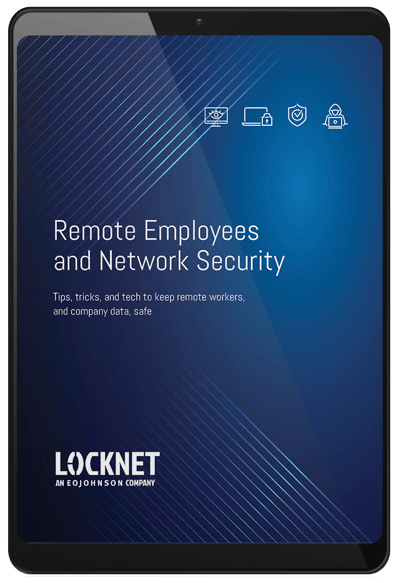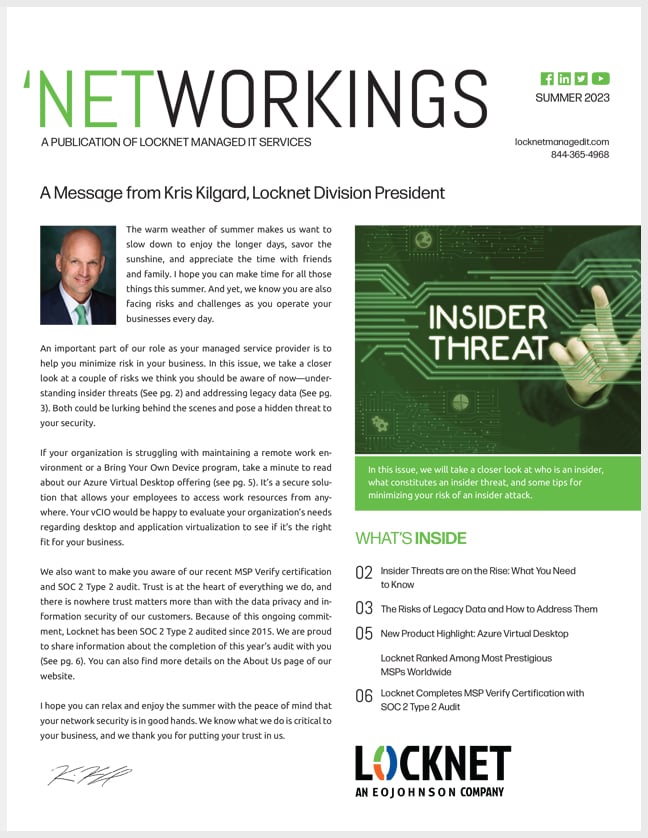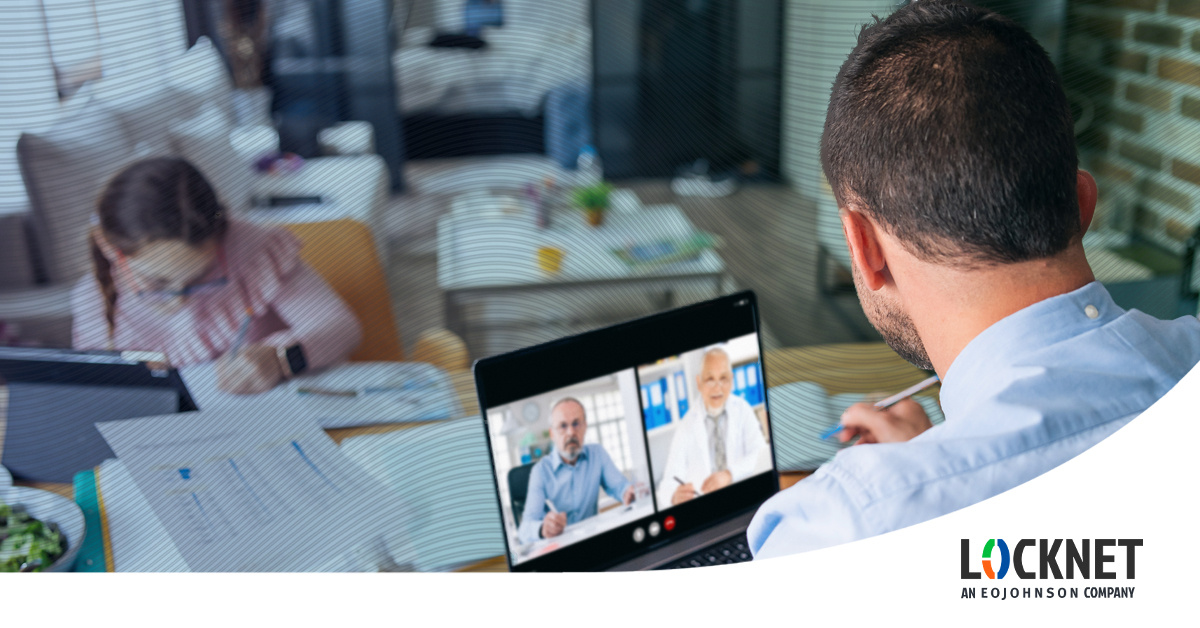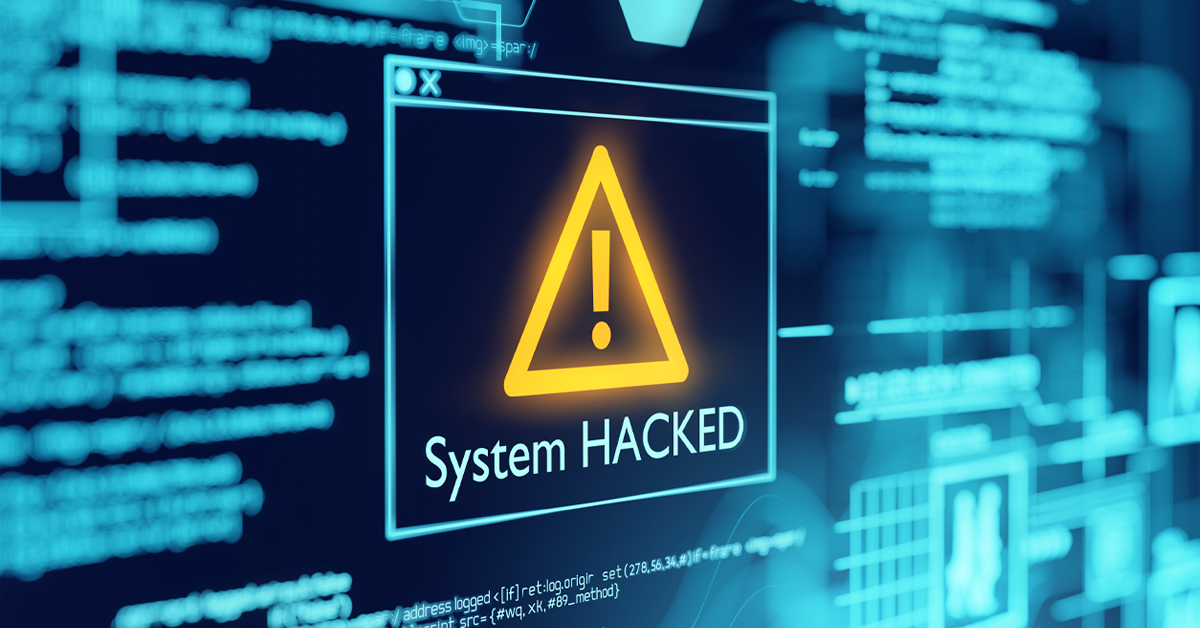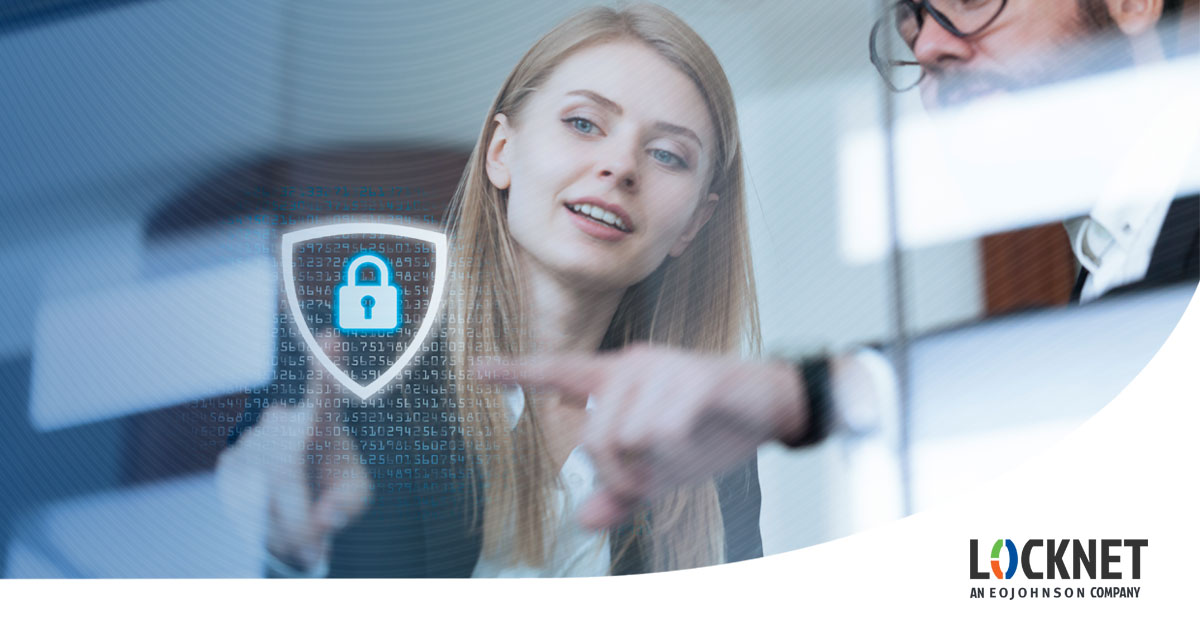Cybersecurity for remote work
The ability to work from home is an employee perk that offers workers more freedom from the daily commute and more flexibility for completing their work. The recent COVID-19 pandemic forced many to work from home. But regardless of health concerns, remote work is here to stay. 97.6% of remote workers would like to stay working remotely, at least some of the time, for the rest of their careers.
Along with the freedom and flexibility of working from home, there are heightened cybersecurity risks that come with working outside of a secure corporate network. They must be addressed to protect your company’s data. If someone hacks into your home office or Wi-Fi network, your computer and data could be vulnerable to an attack.
Five best practices for employees and employers
There are five key security considerations for both employees and employers in maintaining a secure remote workforce.
Work-issued devices
Working from home can create a blurred line between work and personal devices, but they should be kept separate to minimize security risks. When working from home, employees should treat any work-issued laptops, mobile devices, and other sources of sensitive data as if they were using them on physical office premises. All work files and data should be stored on work-issued devices. In addition, a work-issued computer should not also be the family computer. Other people should not have access to use work-related laptops and other devices, just as if someone were working in a physical office location.
Company-approved storage solutions
Company policies should include using only the designated programs of your employer, even if you prefer a different program. This is especially important when saving and backing up files. All work data should be stored in a secure location that’s both approved and accessible by your company.
Use of a Virtual Private Network (VPN)
Remote employees are typically using their private home network or a public network which can increase the risk of a data breach. Using a Virtual Private Network provides online anonymity and privacy by masking an employee’s IP address and creating a private network that can be used via a public internet connection. With a VPN service, employers can significantly reduce the risk of any sensitive data being compromised by malware attacks.
Prioritize cybersecurity tools
The best way to protect against hackers accessing any sensitive company data is to make it as difficult as possible for them to successfully log in. Consider implementing the following tools.
- Password manager. By using a password manager, every password will be a strong password featuring a complex string of letters, numbers, and characters – a much harder code for cyber bullies to crack.
- Multifactor authentication. Multifactor authentication only grants access to a device or software after more than one form of authorized identification is provided. A single password can be memorized, or a physical device stolen. Multifactor authentication doubles up on barriers to entry.
- Session timeouts. Enforce reasonable session timeouts for sensitive programs and applications. A user shouldn’t have to reconnect after grabbing a cup of coffee, but also shouldn’t be able to stay logged into a program all day with inactivity.
Cybersecurity awareness training
Unfortunately, cybersecurity isn’t something that can just be taught once and forgotten. Cybercriminals are constantly looking for new ways to circumvent security controls to gain access to sensitive information. This is especially important as you maintain a remote workforce. Employees should understand how to recognize phishing attacks, avoid malicious email attachments, and secure their public profiles among other things. This training can typically be delivered virtually to a remote workforce.
Final thoughts on security and remote work
Remote work is a regular part of how we do business today. But it must be carefully managed to retain the level of security required to protect against cybersecurity breaches. Above all, ensure policies, procedures, and guidelines are in place for workers who use company resources outside the office.
If you still have questions or need help with properly securing your remote workforce, the team at Locknet® Managed IT is here to help. Locknet provides the tools and training needed to keep your team secure whether in the office or at home. Contact us to learn more.

